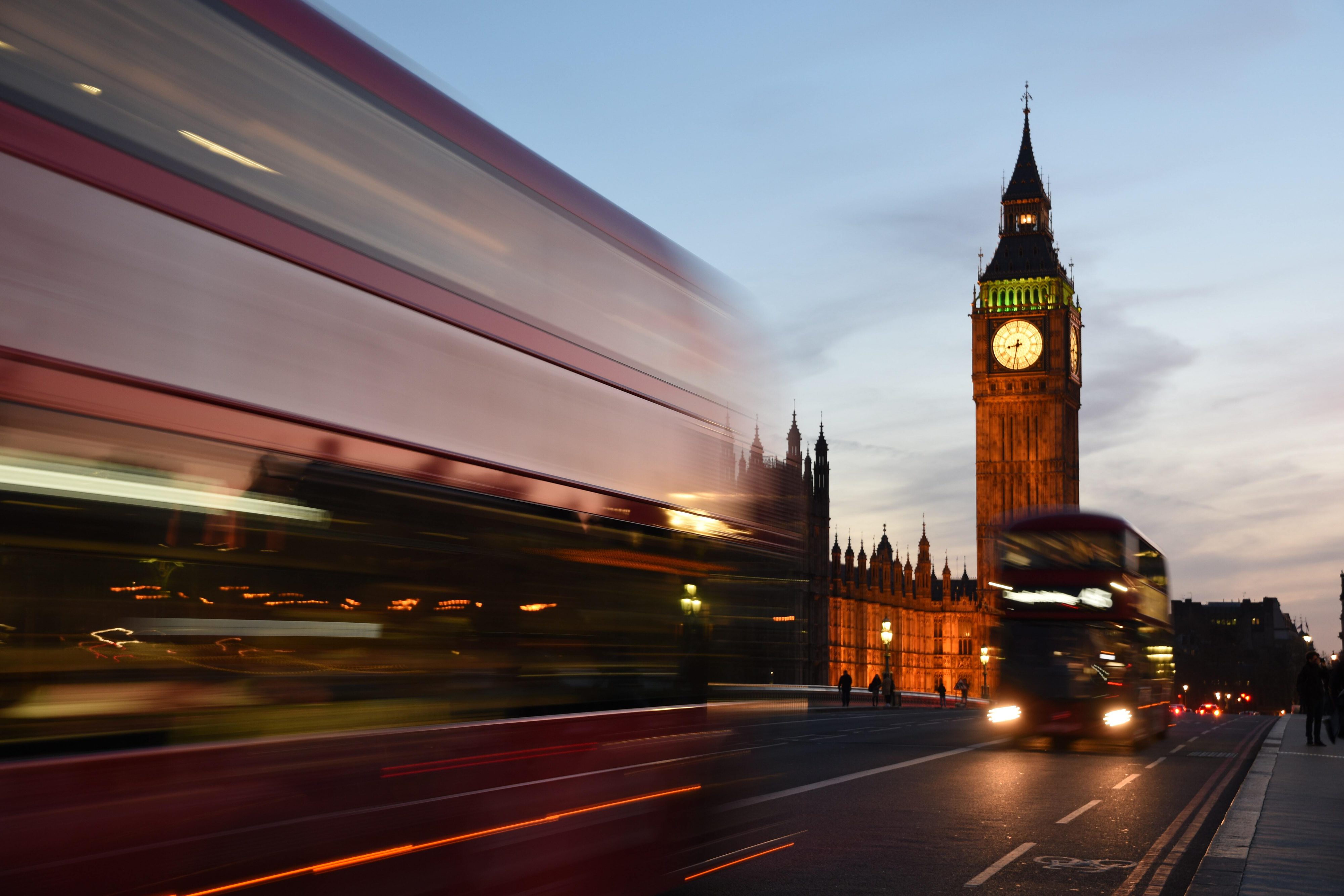
In this blog Bradford Watson and Joel Llewellyn from the Trust look at how Chancellor Kwasi Kwarteng's mini budget will lead to greater health inequalities.
The Chancellor’s mini budget failed to address the cost of living crisis and will leave those on the lowest incomes worse off. By offering tax cuts to the wealthiest, arguing that this will stimulate economic growth, the Chancellor’s plan will worsen the health inequalities between the most and least advantaged across the UK.
The Growth Plan, announced on Friday 23 September, set out the government’s strategy for growth which relies on cutting the top rate of tax for businesses and those earning over £150,000, reversing a rise in National Insurance Contributions and removing taxes on dividends and bonus caps in the financial sector in an attempt to attract investment and grow the economy. The Government argues that the resulting benefits would then gradually pass to middle- and low-income earners, despite a lack of evidence that this will be the case. Historically, tax cuts which favour the wealthiest in society have led to greater income inequality, with no significant effect on economic growth or unemployment.
Even if this strategy were to be successful, there is no indication of how long support would take to reach the most disadvantaged, and those most immediately affected by the rising cost of bills and inflation were offered little direct relief by Chancellor Kwasi Kwarteng’s plan. It is expected that whilst those on the top 5% of incomes will benefit the most from the planned tax cuts, any benefits to those most in need would be minor. The Resolution Foundation have calculated that people earning £1,000,000 next year will save £55,220, those earning £200,000 will gain £5,220, and those earning £20,000 will gain only £157 over the year.
The plan has been criticised by many, including the International Monetary Fund (IMF), who warned that the proposed tax cuts are likely to increase inequality and make the cost of living crisis worse. It asked the UK Government to ‘consider ways to provide support that is more targeted and re-evaluate the tax measures.’
The implications for health inequalities in the UK are stark. It is inevitable that the cost of living crisis will lead to worse physical and mental health within communities across the country, and disproportionately so within the areas that already face the worst health outcomes. The Growth Plan offers little to address this.
Living in a healthy local environment with safe and secure housing, thriving community spaces and easy access to local services is essential to good health. There is a huge body of evidence showing the impact of socio-economic factors on physical and mental health. A proposed streamlining of the public sector, with no mention of public spending will likely see a reduction in available services and public transport, leading to the isolation of many and further alienation from their communities. Research illustrates that people with fewer social relationships die earlier, on average, than those with more social relationships.
A decent income is also linked to good health. Research from Public Health England and the Institute of Health Equity shows that people who are unemployed or in low paid jobs are more likely to have physical and mental health problems, as well as lower self-esteem. A good income enables us to pay bills, including energy for heating and cooking, rents or mortgages, and to buy nutritious food. With rising inflation and a falling value on the pound, these essential elements are becoming increasingly expensive. In the Growth Plan, the government showed little indication of support for those on the lowest incomes, allowing living costs to multiply while wages remain low for so many.
Financial support for benefit recipients to address the rising cost of living was not forthcoming either. Instead of increasing payments in line with inflation, many of those already in work and relying on Universal Credit face stricter, more time-consuming rules for receiving payments, with a threat of withdrawal. Evidence shows that being exposed to stressful situations can lead to worsening mental health which, in turn, can also lead to a deterioration in physical health both in the short and long term.
Further redistribution of wealth towards the richest ensures that this winter will be the most difficult many people have faced. The high cost of living and lack of support offered by the Growth Plan will lead to people living in freezing cold homes they cannot heat, and grocery bills they cannot afford to pay. The toll on their physical and mental health will be severe unless action is taken. This week People’s Health Trust joined partners of the Inequalities in Health Alliance in calling for the Health Disparities White Paper to be published by the government. Narrowing inequalities in health must be a core consideration for this government. Without substantial cross-government action to support those on the lowest incomes, we will see a profound decline in the physical and mental health of millions not just this winter, but for years to come.
Bradford Watson, Joel Llewellyn
Bradford is the Media and Communications Officer and Joel is the Policy and Research Analyst at People's Health Trust.

